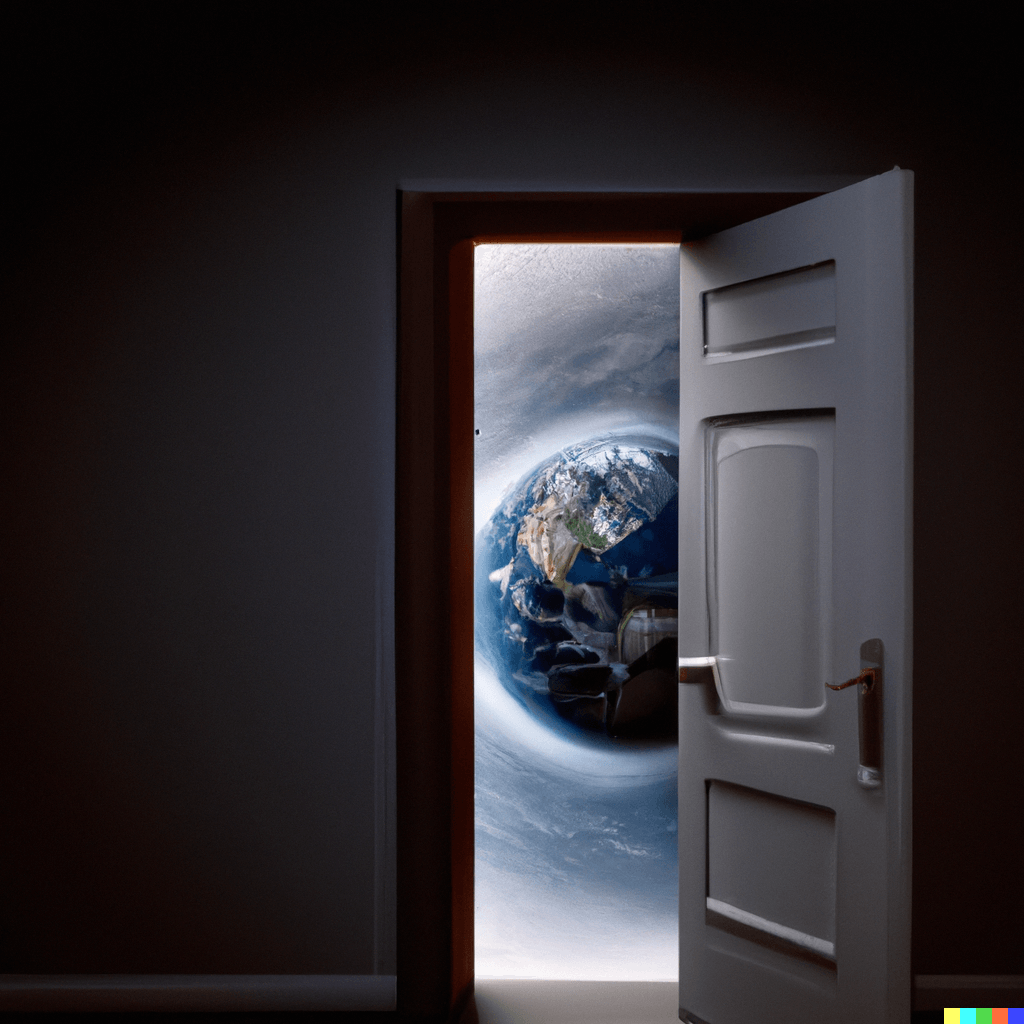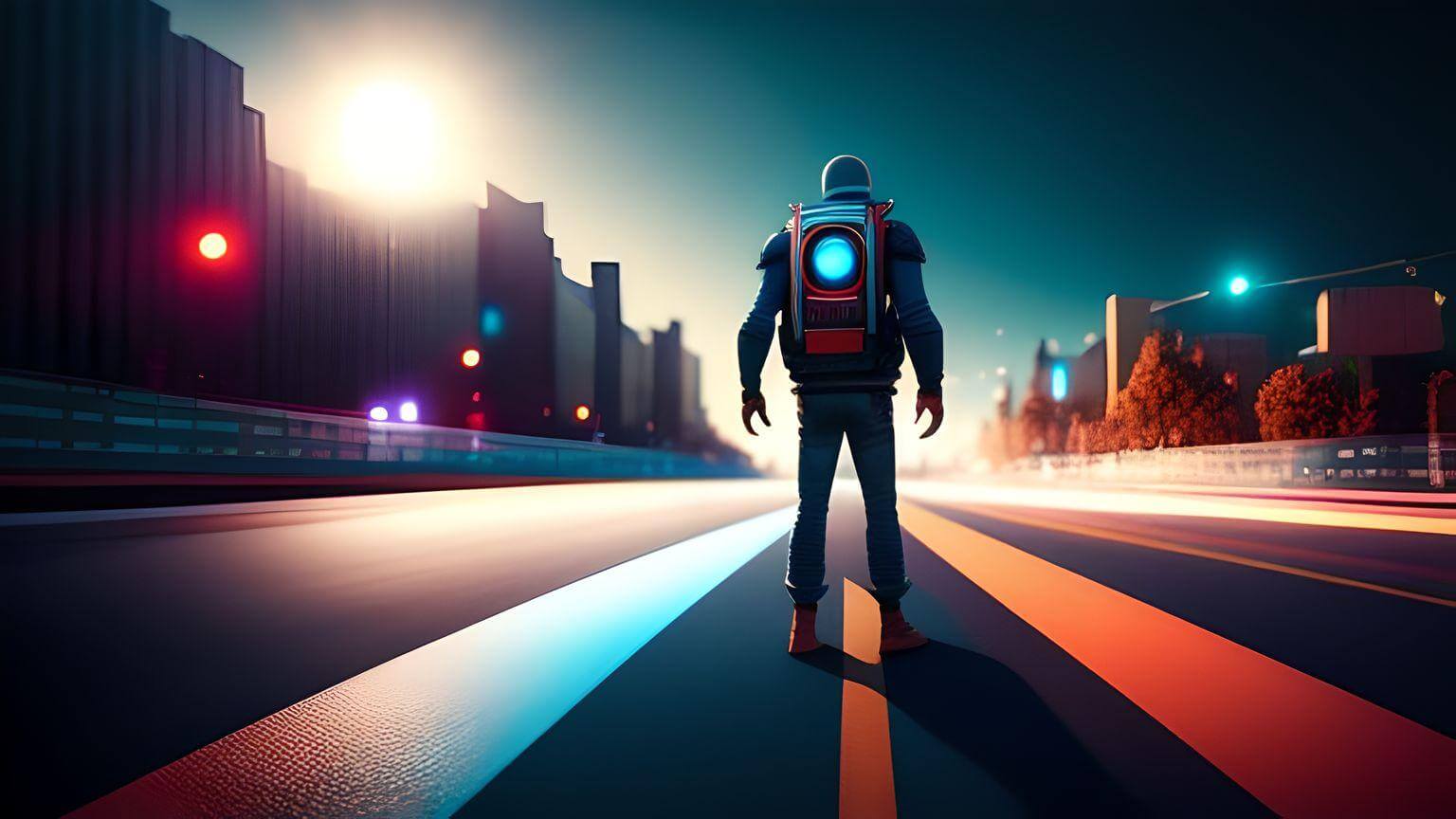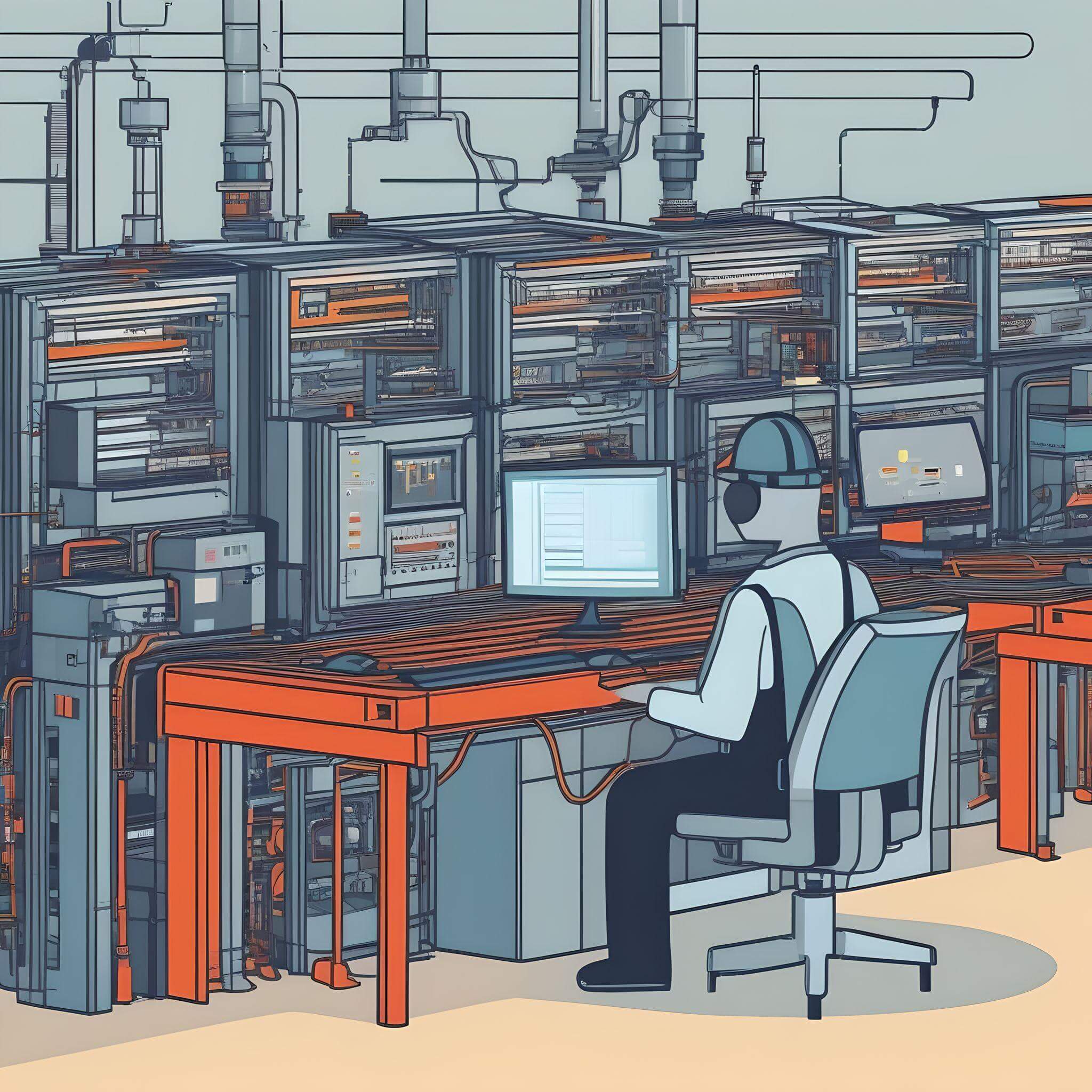Net neutrality: All traffic is created equal
Recently I was surprised by my mobile operator. They were forbidden by the Communications Authority of making a distinction between Internet, video apps and special apps because of Net Neutrality. So instead of giving me 1GB of generic Internet (yes, I use very little) and 20GB for specific things I hardly use, I will now have 20GB for everything. It seems a win-win for me! But how did we get here?
The first article in the Universal Declaration of Human Rights starts with All human beings are born free and equal in dignity and rights
. And the US Declaration of Independence has on the second paragraph that […]all men are created equal[…]
. In the Portuguese Constitution it is only the 13th article, but it is also there.
We still have a long way to go until we have equal right for human beings, but corporations are also different in the eyes of the law. When they reach the <i>too big to fall</i> status, they are treated as living and breathing unicorns and their wishes are shaped into law. Regulations adapt to please the monsters.
The Internet was born based on a principle that it should be an open and democratic space where all voices are heard, and all individuals have equal access to information and resources. So, it should be completely free from censorship, surveillance, and other forms of control that could limit its potential as a platform for free expression, innovation, and political participation.
However, we all remember a time when ISPs (internet service providers) tried to decide what we could or could not do with the service we were paying for. Mainly by limiting the speed of P2P platforms. Even if in the early days of the internet the quality of the service was a concern for the providers, it was their fault that they promised unlimited download at a certain speed if they can’t provide it when users want to use it. Don’t blame the users. That’s when part of the society started paying for VPNs, and others learned what was the Net Neutrality concept that the Internet Society and others have been defending for decades now.
Net neutrality is the principle that all internet traffic should be treated equally. Without discrimination or preference given to any specific site, application, or type of content. This means that ISPs should not be allowed to block, slow down, or prioritize certain websites or services over others. The concept of net neutrality is based on the idea that the internet should be an open and accessible platform for free expression, innovation, and commerce. Users should have the freedom to access the content and services of their choice, without interference or manipulation by ISPs.
It means that ISPs can’t prevent you from watching anti-government propaganda or pornographic content. It also can’t prevent you from accessing pirate sites, famous scam sites or recruitment sites for terrorist organizations.
Opponents of net neutrality argue that it is an unnecessary government regulation that limits the freedom of businesses to manage their networks as they see fit. They argue that ISPs should have the ability to prioritize certain types of traffic, such as video streaming or online gaming, to ensure a better user experience for their customers. However, proponents of net neutrality argue that allowing ISPs to prioritize certain types of traffic would create a <i>pay-to-play</i> system. On one hand, large corporations could pay for preferential treatment and smaller startups would be at a disadvantage. This could block new competitors and limit the diversity of content available online. On the other hand, main creators of traffic like Netflix, Youtube or Windows Updates, could be forced to pay for the internet they make users spend. Again, an Internet that for decades has been sold as “unlimited and unmetered”.
I agree that sometimes Internet needs “priority lanes”. We have recent examples of wars and natural catastrophes and we want hospitals and media sites to be fully operational, the same way we want roads free for ambulances and fire trucks, and food and water on the shelves for everyone. Online, posting dances on TikTok is not as important as calling emergency services and knowing what areas are safe. The same way as a detox juice is not as important as food on the table. Those priorities should be part of human decency and a normal brain should be able to set boundaries, but sometimes the government need to enforce them. Again, only for a few days, in emergency situations, and if the population is not doing the right thing. The problem is when we can’t trust the government. Like North Korea Iran (and now also Russia) to block world information for months and years.
We should fight for net neutrality to ensure that the internet remains an open and democratic space, where all voices are heard and all individuals have equal access to information and resources, free from censorship and control by large corporations or governments. The lack of formation can no longer be an excuse to “protect” them from harmful content. The internet can help education people so they can interpret the information and filter what is good and relevant.



Post Comment